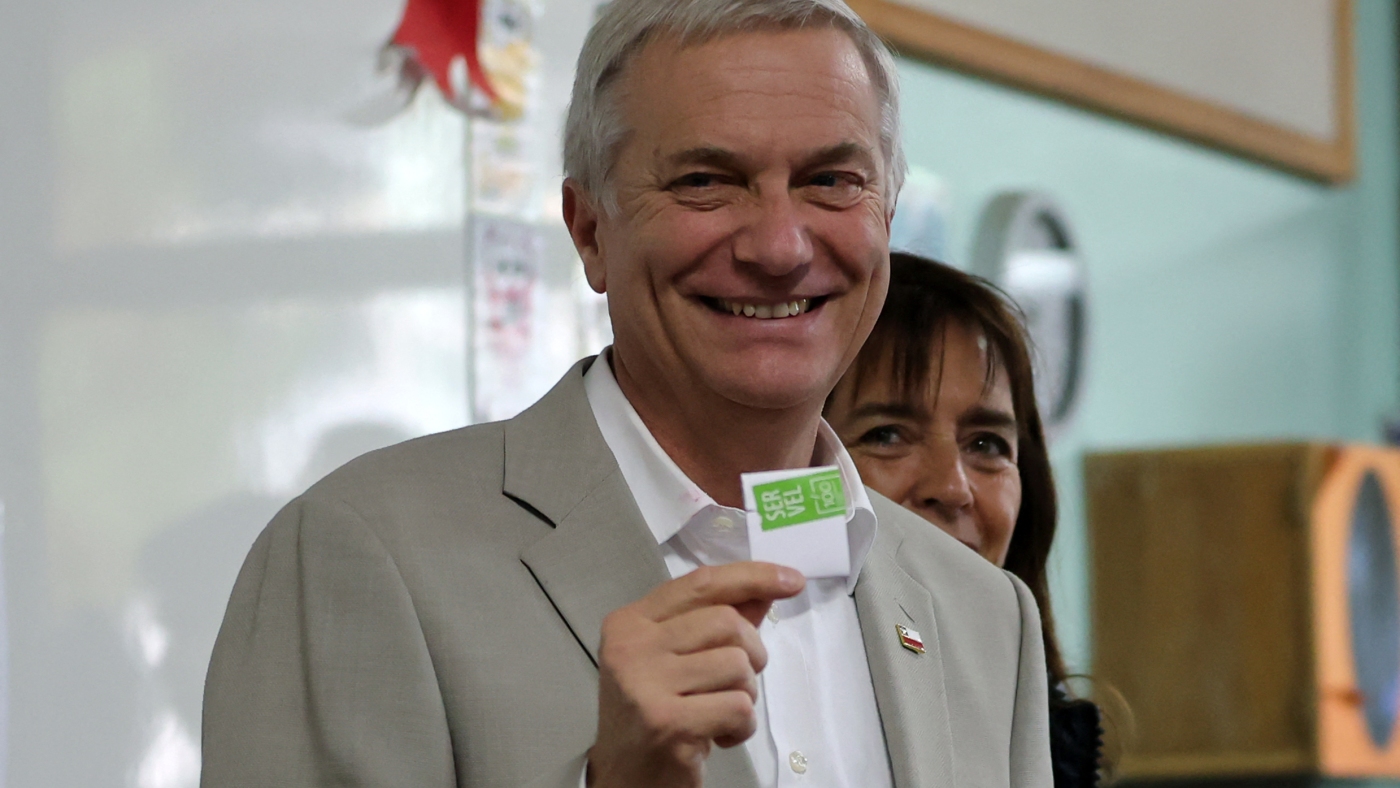After breastfeeding, immune changes occur.
Svetlana Repnitskaya/Getty Images
Breastfeeding has long been associated with reducing the risk of breast cancerbut how it has this effect is not entirely clear. Now scientists have discovered that women who breastfeed have more specialized immune cells in their breasts that can keep cancer cells at bay.
Previous studies show that the risk of breast cancer is second most common form of cancer in the world is decreases by 4.3 percent for each year of breastfeeding.with protective effect perhaps especially useful for older mothers.
The reasons for this are not fully understood, but changes in breast tissue and hormonal influences are thought to be responsible. To find out more, Sharen Loy at the Peter MacCallum Cancer Center in Victoria, Australia, and her colleagues analyzed breast tissue from 260 women aged 20 to 70 from a wide range of ethnic backgrounds. The women varied in the number of children they had, if any, and whether they reported breastfeeding, but none had ever been diagnosed with breast cancer.
“We found that women who breastfeed have more specialized immune cells called CD8+ T cells that live in the breast tissue for decades after giving birth,” Loy says. “These cells act as local guards, ready to attack abnormal cells that can turn into cancer.” In some cases, these cells remained in the breast for up to 50 years.
The team then studied mice, some of which completed the full cycle of pregnancy, lactation, and mammary gland regeneration while puppies were weaned. Their breast tissue was analyzed after 28 days, when their breasts had returned to their pre-pregnancy state. Other mice had their pups removed soon after birth or were never pregnant.
The researchers found that completion of a full lactation cycle was associated with a significant increase in specialized T cells accumulating in mammary tissue, which was not observed in other mice. They then implanted triple-negative breast cancer cells (an aggressive form of the disease) into breast tissue and found that tumor growth was much slower in mice that went through a full lactation cycle. But when the researchers depleted these T cells, the tumors grew very quickly.
The researchers then looked at clinical data from more than 1,000 women who were diagnosed with triple-negative breast cancer. Cancer after at least one full-term pregnancy. They found that those who breastfed had tumors with a higher density of CD8+ T cells. “This suggests that there was ongoing immune activation and regulation in the body against breast cancer,” says Loy.
After adjusting for other risk factors associated with breast cancer mortality, such as age, the researchers found that women who breastfed had significantly better overall survival. The data were too varied to know whether time spent breastfeeding had an effect.
Researchers believe that T cells accumulate in the breasts during breastfeeding to prevent infections that can lead to mastitis. There is also a link between pregnancy and breast cancer, but it is more complex, research shows. The risk is only reduced if you become pregnant at a younger age..
“This has important implications for understanding why some women may be more naturally protected from aggressive forms of breast cancer, as well as how we can tailor prevention or treatment strategies in the future,” Loy says. But she stresses that the decision about whether to breastfeed is a personal choice and is not always possible, and it cannot prevent the development of breast cancer.
Daniel Gray The Walter and Eliza Hall Institute for Medical Research in Victoria says the analysis of multiple groups of women is one of the study's strengths. “This lays the groundwork for future research that may explain how CD8+ T cells retain the ‘memory’ of breastfeeding,” he says.
Topics:








